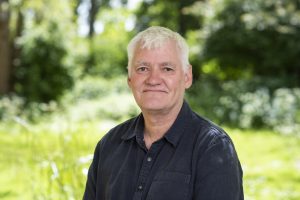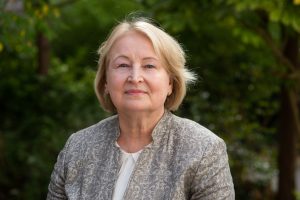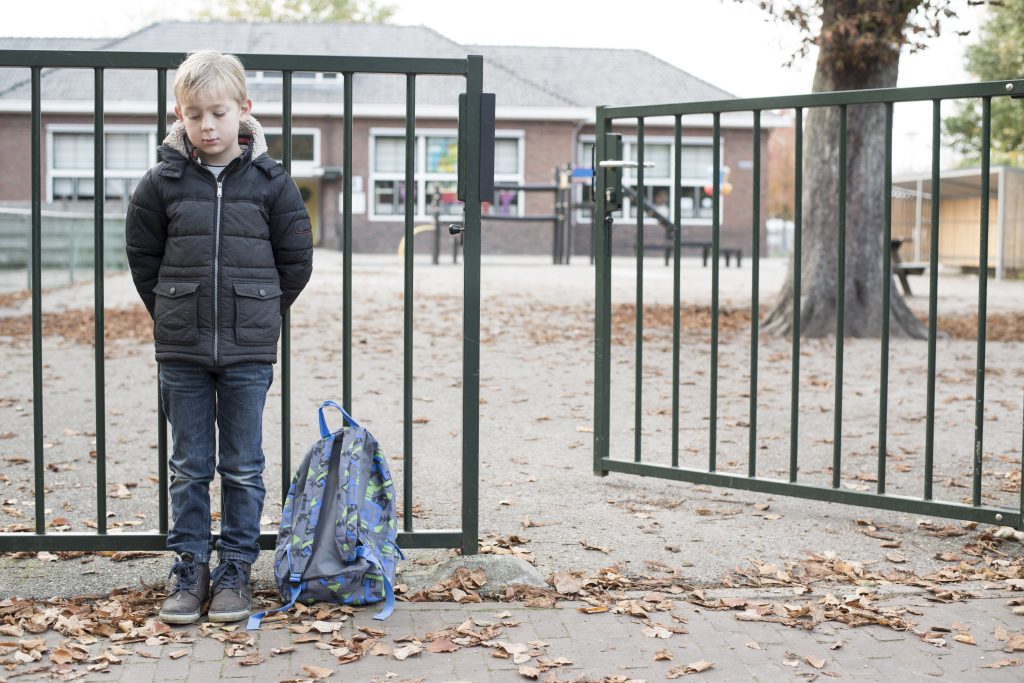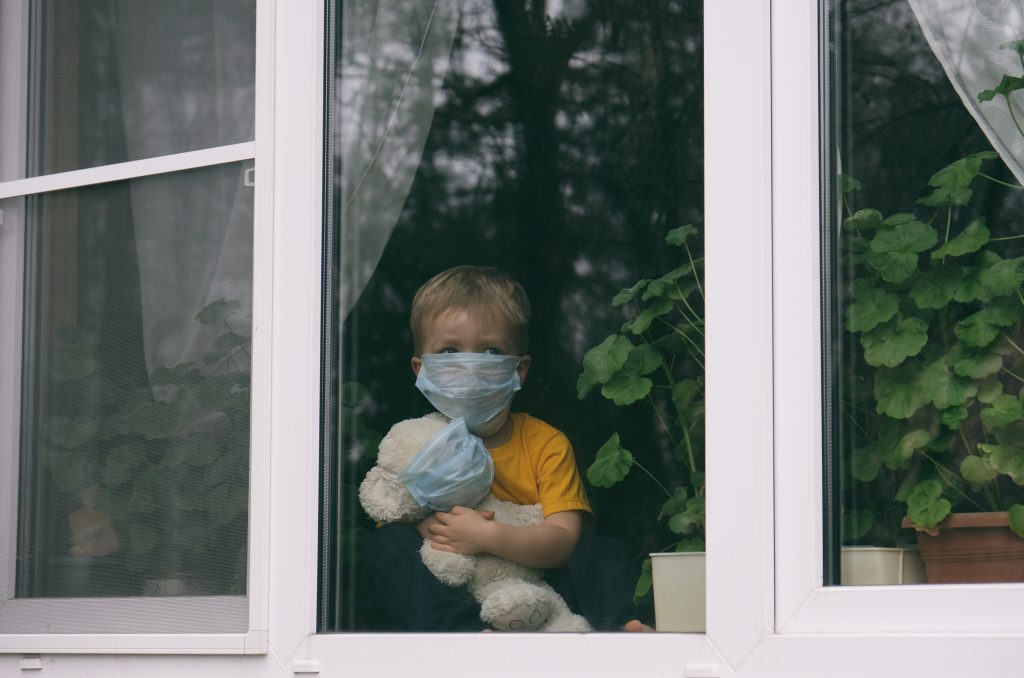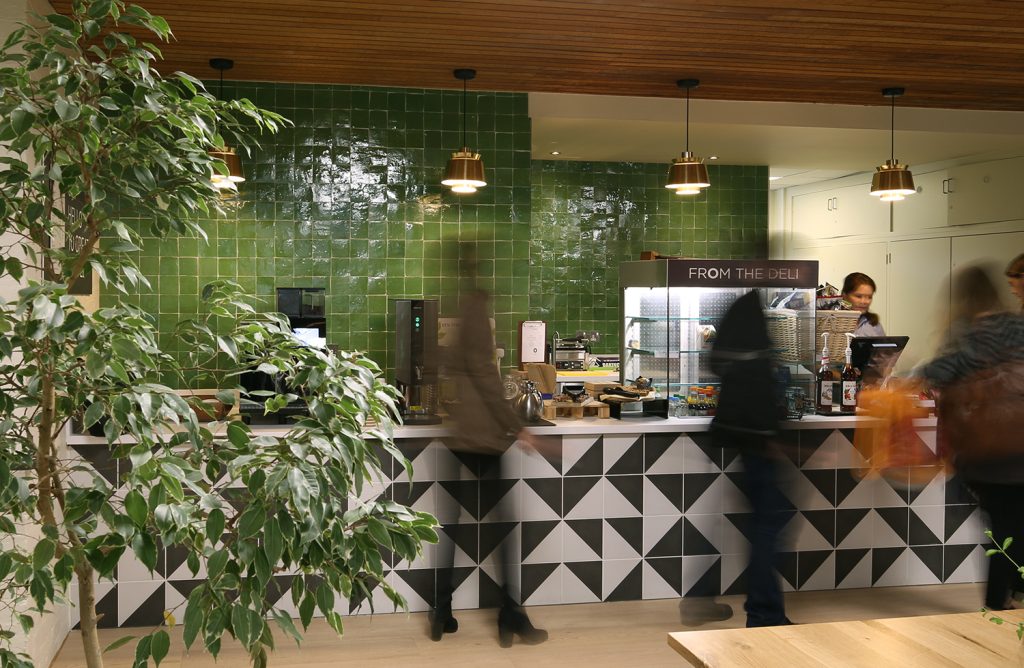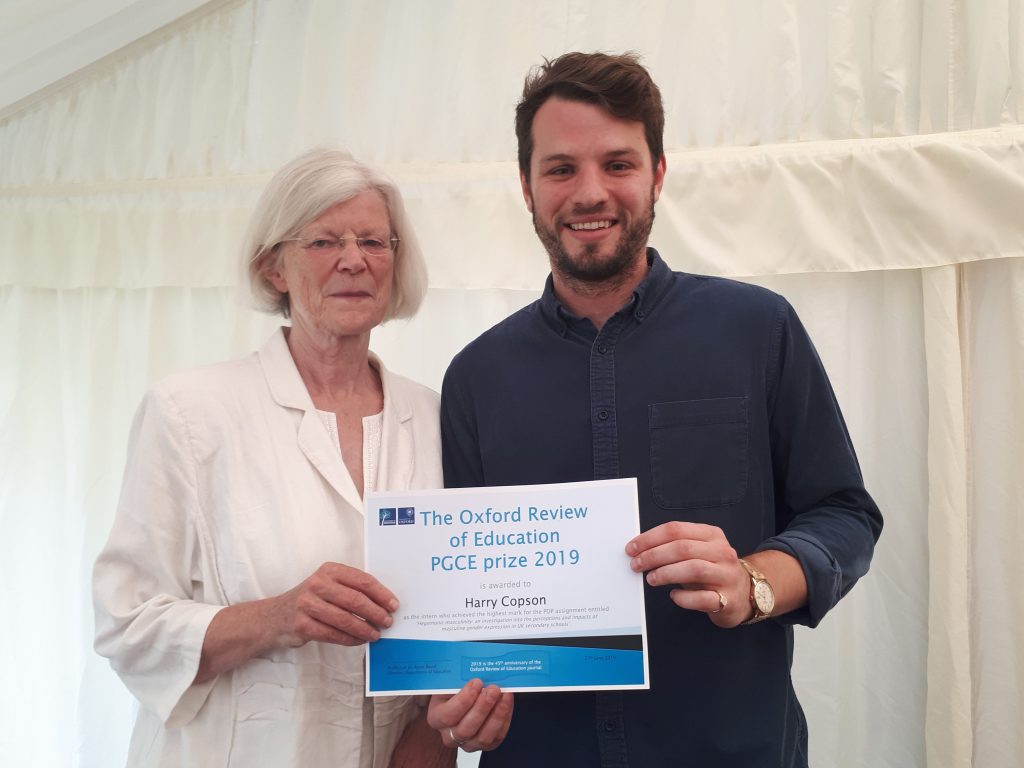The Project
The project is looking at how displaced and refugee children and young people use their cultural and linguistic heritage in the transformation of their sense of themselves. This study will examine the ways that displaced young people who have experienced turbulent situations transform their identities and sense of belonging through the use of cultural artefacts. In particular, the study will focus on the role of cultural and linguistic heritage in the transformation of these young people’s sense of themselves. The subjects of the research are young people and their families in Ukraine affected by large scale forced population displacements due to conflict in the east of the country. Working in close collaboration with a national research team, we will assess information regarding the scale of cultural, linguistic and social exclusion of displaced children and young people. Young people whose families have become forcefully displaced as a result of critical societal conflict are likely to be negatively affected in terms of the equality of educational and life opportunities. Family, school, friends and neighbourhood constitute major influences on identity formation and the basis of the social support system for children and adolescents. We are particularly interested in ways in which children’s skills and memories (for example, their knowledge of local language and culture: literature, music, poetry) help them to mediate feelings of belonging and cultural connectedness in new locations and schools.






